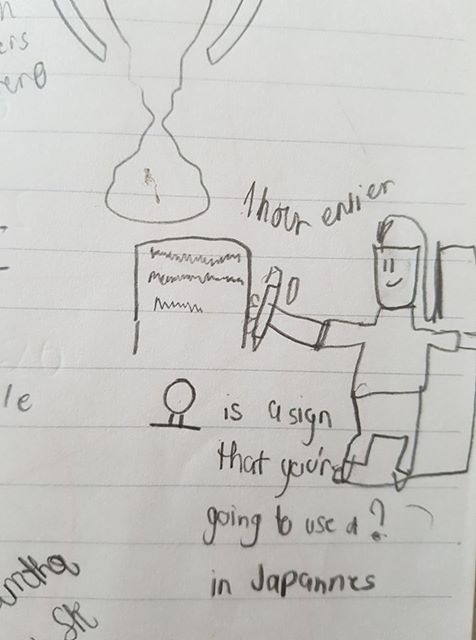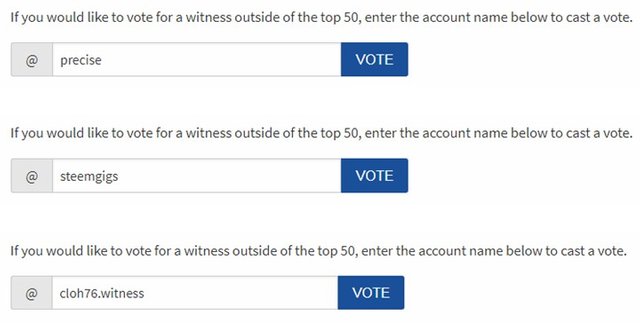SteemNest Contribution | On Subject-Verb Agreement

Back in the day, our school had stringent rules about speaking in English inside the campus. We had an English Only Policy and we were only allowed to speak in vernacular (either in Tagalog or Bisaya) in our Filipino and Araling Panlipunan (Social Studies) classes. Otherwise, students and teachers were required to speak the English Language within the school bounds. Our headmaster roamed the hallways, courts, and even the playgrounds in search of students he could chitchat with. He was a soft-spoken priest with a kind face, so talking with him might have been an enjoyable experience if we didn't have to converse in straight English. He chanced upon me once, while I was leaving the drinking fountain, and posed a most bizarre question; he asked if the water was cool. The way he looked at me, I knew he couldn't care less about my drinking experience; he was out in his usual hunt for students to berate into speaking in English! I managed to stutter a reply and curtsied before I left. I know now that if I was a bit more confident about my English skills then, I would have told him that the water was pleasantly cool and refreshing but they should do something about the clump of moss spreading in the sink .
Inside the classrooms, we were fined 1 ph peso for every single non-English word we uttered. Our school's English Only Policy was very apparent in our curriculum too. Essay Writing was a weekly chore for the students, much to our teachers' delight. Years and years of laboring on those pompous essays (5 points per question is a bit excessive, don't you think) have taught me that determining whether to use is/are has/have (and other forms of verb) is the most painstaking part of writing. Although this is based on my experience, I know that a lot of fellow Filipinos would agree when I say subject verb-agreement is not an easy feat. It may be because in our mother tongue, there's only one word to stand for all of those, the word "ay". Here are few examples:
Ang bahay ay malaki. = The house is big.
Ang mga bahay ay malalaki. = The houses are big.
In the Filipino language, we use ay for is and are. We make the adjustments on other parts of the sentence (like add mga and repeat the first syllable of the adjective's root word) in order to denote the form of the noun (whether singular or plural).
We also use ay for has and have
Si Anne ay nagtatrabaho simula kaninang umaga. = Annehas been working since this morning.
Sina Anne at Joy ay nagtatrabaho simula umaga. = Anne and Joy have been working since this morning.
It's also the case for action verbs in singular and plural forms.
Si Tatay ay umiinom ng kape tuwing umaga. = My Dad drinks coffee every morning.
Si Tatay at Nanay ay umiinom ng kape tuwing umaga. = My Dad and Mom drink coffee every morning.
After leaving school, I got into the BPO industry where I was able to use the very same skills I got from those activities I found dreadful. I will never see English proficiency as a measure of intelligence but I also cannot deny that it is a skill that is highly profitable; I can only be glad that my school had a rigorous drive for its students to acquire it. Even after leaving the workforce, I am still able to use those skills through my children, and more recently, here in Steemit.

In my post, How I taught my daughter the difference between You're and Your, I shared how I taught my little Sam the difference between You're and Your and how to use them properly.
For this post, I will share the tips and reminders I give my daughters about subject-verb agreement.
Beware of company
My daughters, having grammar lessons in school, are aware that the noun and the verb should agree in number. They know that a singular verb must be used with a singular noun and that plural verbs should go with plural nouns. However, I notice that they start to get confused when the noun is accompanied with phrases like, *with, together with, along with, as well as, including, in addition to, etc.. So I tell them to treat those phrases as warning signs. Those are not part of the subject and should be ignored. In written exercises, I tell them that the noun before the comma (,) is usually the subject and should be their basis in determining whether to use singular or plural verbs.
Example:
Dom, along with Dennis and Vincent, is playing in the football field.
In the sentence above, we used the verb is because the subject is Dom. Dennis and Vincent are not part of the subject so the subject remains to be singular.
A Group Is One
According to gingersoftware.com, collective nouns are names of SINGLE things that are made up of more than one person, animal, place, thing, or idea. So it is ONE and should use the singular verb.
Example:
A pack of wolves was seen near the village.
The article "A" is a dead giveaway that our subject is singular. Aside from keeping in mind that a collective noun is taken as one unit, I tell them to pay attention to other details of the sentence.
Everybody is one
Singular verb form should be used on everybody. My daughters know this by heart thanks to a few songs that are in our playlist.
Example:
Everybody is changing and I don't feel the same.
Everybody wants to rule the world.
How about you? What tips do you give your children (or anyone) about subject-verb agreement? If you have a lot to share, please consider creating a post about it and use tag #steemnest too. @steemnest is a project of #SteemPH which aims to help Steemians in creating content. It is a communal account where everyone from everywhere in the world can learn and contribute.
If you are a Filipino, an expat living in the Philippines, or care about the Philippines, please join our growing community in discord by clicking on this picture:

Vote for Our Philippines Witnesses
How to vote?
- Use the witness page https://steemit.com/~witnesses
- Scroll down the page until you see the vote box below and enter

- Click vote

Wow! Your school must be really strict with the No English policy sis! We also have this at our school during elementary days but only during a specific time. I learned a lot from writing essays almost every day. Haha! Where did you study sis?
It was all day everyday for us sis. haha! I went to Ateneo in Davao sis. You're from Bulacan right? Red is also from Bulacan and he studied at LaCo but went to FEU in college. You?